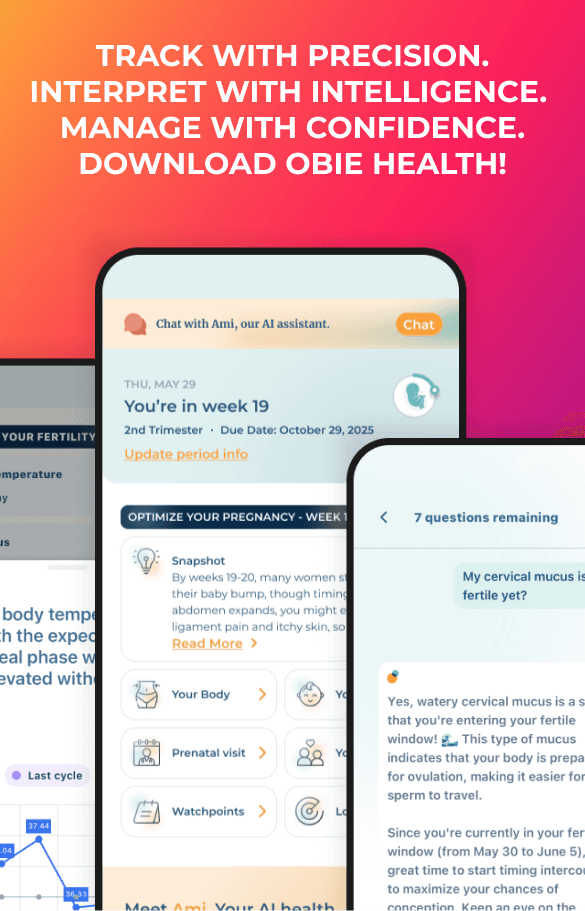Home Care of Small for Gestational Age Infants
Newborn First Year
Obie Editorial Team
 Parents have this idea of what an infant looks like at full-term. The idea is based on the Gerber baby and pictures friends and family share of newborns. That perfect baby is not always delivered in real life. When parents give birth to a small for gestational age infant it can be a scary experience. That tiny little bundle of joy may need additional care in the hospital before being released and some of that care may extend months or years into the future, but extra care is not always needed.
Parents have this idea of what an infant looks like at full-term. The idea is based on the Gerber baby and pictures friends and family share of newborns. That perfect baby is not always delivered in real life. When parents give birth to a small for gestational age infant it can be a scary experience. That tiny little bundle of joy may need additional care in the hospital before being released and some of that care may extend months or years into the future, but extra care is not always needed. What Does Small for Gestational Age Mean?
The term small for gestational age (SGA) simply means that a newborn baby's weight is smaller than the 10th %tile of infants born at the same gestational age. For example, if a pregnancy is 37 weeks and the infant weighs at or below the 10th percentile for weight, based on the weights of other infants at 37 weeks, the infant is termed small for gestational age.
SGA is often confused with Intrauterine growth restriction (IUGR) or with low birthweight (LBW).
IUGR is a diagnosis made while the fetus is inside the uterus while the diagnosis of SGA is made in a newborn baby.
IUGR refers to a condition in which a fetus is unable to achieve its genetically determined potential size. This functional definition seeks to identify a population of fetuses at risk for modifiable but otherwise poor outcomes. This definition intentionally excludes fetuses that are small for gestational age (SGA) but are not pathologically small.
Here are the definitions:
- Small for gestational age (SGA) is below the 10th %tile birthweight after birth.
- Intrauterine growth restriction (IUGR) is diagnosed in a fetus while still inside the uterus.
- Low birth weight (LBW) is defined as an infant with a birth weight of less than 2500 g (5 lb 8 oz), regardless of gestational age at the time of birth.
- Very Low Birth Weight (VLBW) is less than 1500 g, and Extremely Low Birth Weight (ELBW) is less than 1000 g.
You can calculate the measurements HERE.
Caring for Your Smaller Infant At Home
Just because an infant is born small for gestational age does not mean additional care is needed at home. Infants will be kept in the hospital, if there are any complications, until they are deemed healthy enough for discharge. After such time, any extra care will be provided by the pediatrician or other specialist as needed, but as for parent-based care – you may find your tiny baby is just as resilient and tough as larger infants.
If your small for gestational age infant was born preterm, there may be additional care needed such as daily oxygen or special feeding practices. A special formula may also be suggested if the infant is not breastfeeding. The formula is high in calories and healthy fats to help baby gain weight. Breastfeeding is typically suggested for infants born small for gestational age, especially if they are premature. Breast milk contains antibodies that help protect your infant from infection and disease.
Small for gestational age is just a name given to infants who weigh less than their peers. Your infant can be born full-term and weight loss than expected, but still live a long, happy life without extra medical care. Often, obstetricians will know an infant is measuring small for gestational age via ultrasound. Extra ultrasounds may be required throughout the pregnancy to keep an eye on baby. The pregnant woman may be advised to eat additional calories to help baby grow larger before birth.









